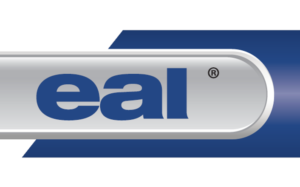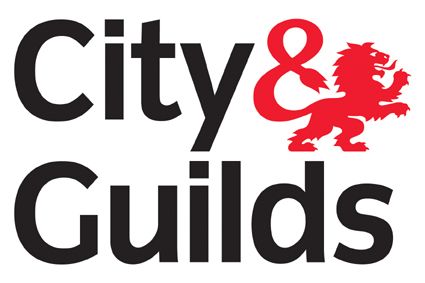Job Interview Tips
There is no doubt that everyone finds interviews nerve-wracking. These useful hints will help you prepare for that all important interview so that you can leave a positive impression on the interviewers.
Do your research
Show that you have taken the time to do some research and learn about the company, the company website is the best place to start. Check out any annual reports or recent press releases; you should also consider looking online for any other up to date information you can find on the company.It’s not just information on the company which you should be researching; take a look at the latest developments in the Industry so you can answer questions with confidence.
Practice your answers
Whilst you cannot possibly know all the interview questions which you will be asked, there are some which are almost guaranteed to come up. You should prepare answers about your personal strengths and weaknesses, as well as being able to explain why you are the best person for the job. Think about actual examples you can use to describe your skills, and try to relate what you know about the company when answering questions. When discussing your career accomplishments, match them to what the company is looking for.
Look the part
Dress and act the part. Dress in a way that is consistent with the impression you want to create; dressing appropriately shows that you are taking the interview seriously.
Stay Calm
Good preparation is the key to staying calm and being in control. Be sure you know the date, time and location of the interview. Decide how you are going to get there and leave plenty of time for any unexpected delays.
During the interview try to relax and stay as calm as possible. Maintain eye contact with the interviewer, pay attention and listen to the entire question before you answer. Remember the job interview is an opportunity for you to see what the company is like as much as it is for the interviewers to see if they like you!
Ask questions
Most interviewers will give you the opportunity to ask questions at the end of the interview, so be prepared to make the most of it. Generally, it is not a good idea to ask about pay and benefits, as it can come across as if you are more interested in what the company can do for you rather than what you can do for it. Having some questions for your interviewer helps to demonstrate your interest in the company. Here are some good examples of the questions you could ask about:
- Why has this position become available?
- What are the main objectives and responsibilities of the position?
- What can I expect from you in terms of development and support?
- Where will the job fit into the team structure?



